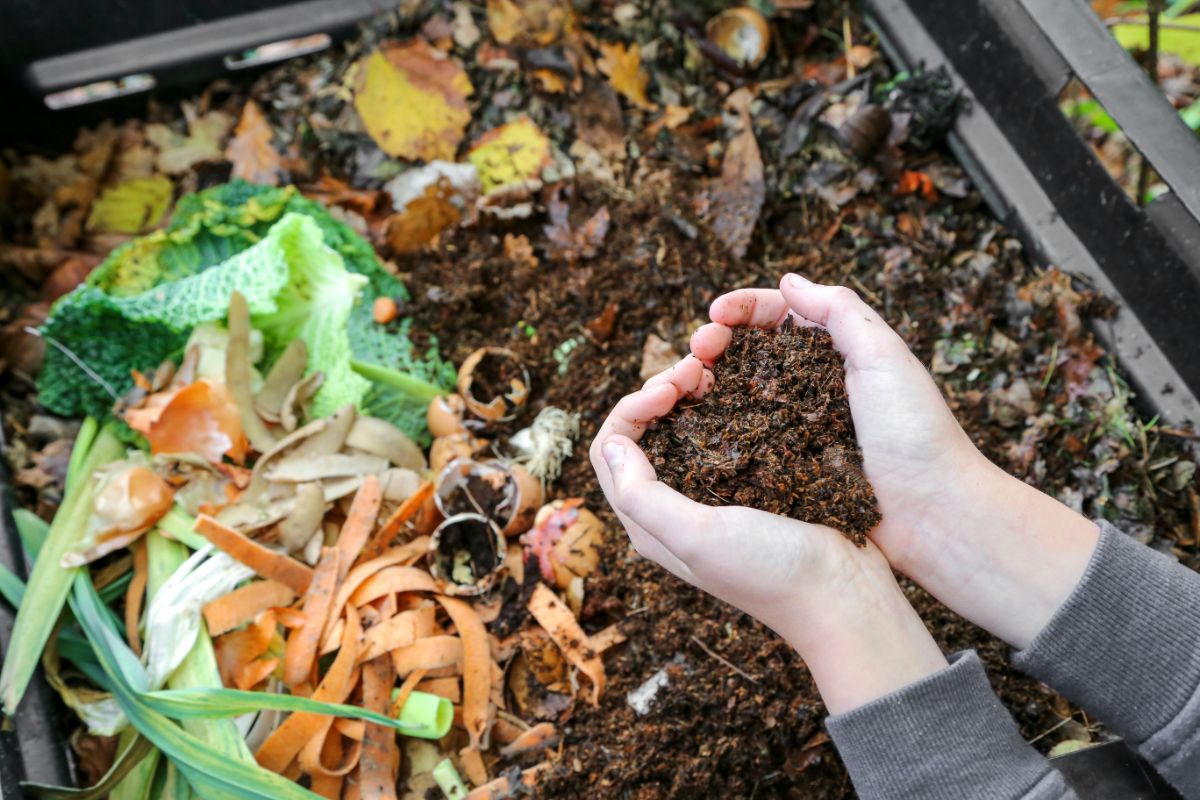What is truly vermicompostable waste?
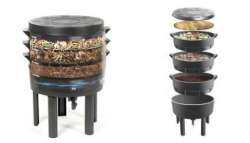
Unlike outdoor compost where you can put all the waste of natural origin, the worm composter is choosy. Obviously, the fauna that has been artificially introduced is much more limited. However, an apartment fireplace does not have the same requirements as a house fireplace.
And again, let us remember:
The luxury of compost is slowness in silence
The list (non-exhaustive, to be completed according to your experiments)
–Wet waste—
- Fruits (peels, cores, seeds)
- Vegetables (peels, seeds)
- Citrus fruits cooked or raw in small pieces
- Leftover meals: starter, main course, desserts whatever the sauce
- Crushed egg shells
- The faded flowers
- Coffee grounds and tea bags
Cooked garlic and onions, despite popular belief, are completely vermicompostable! Worms never have bad breath!
See Also: The Tradition of Gifting Flowers on Anniversaries
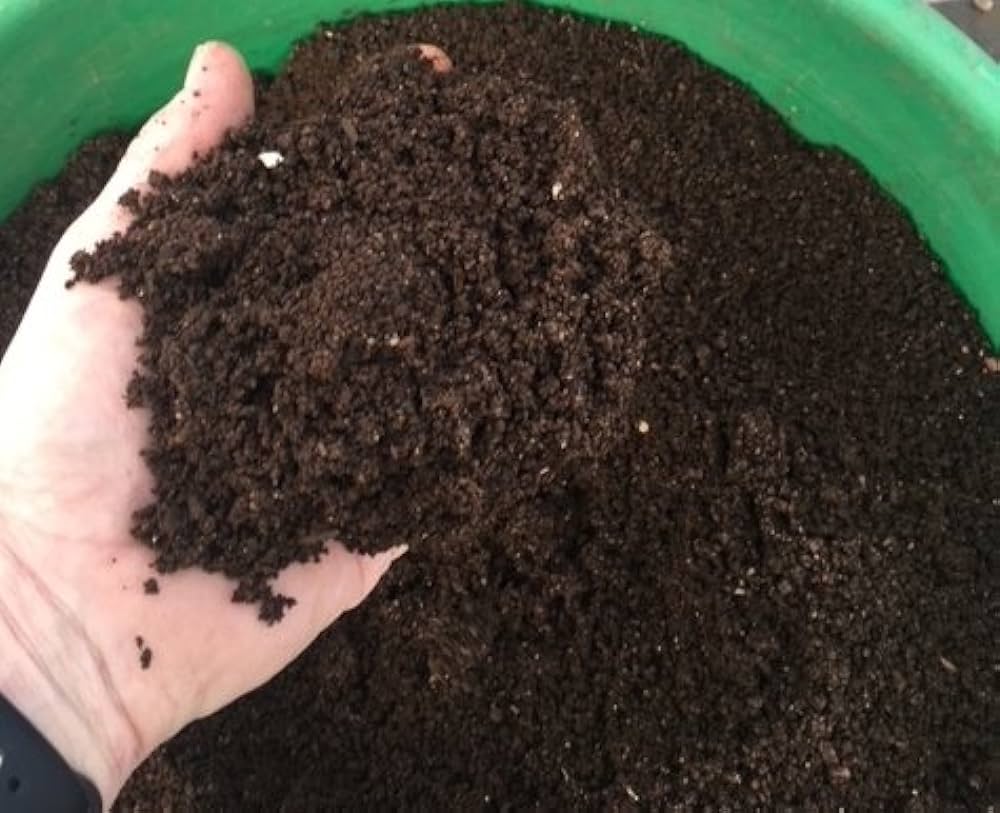
–Dry waste —
- Newspaper
- White paper (bill type, cheese paper)
- Rolls of toilet paper or paper towels (in fine pieces)
- Cardboards without paint
- Stale bread
- Hair and nails
Humidity balance of the vermicomposter
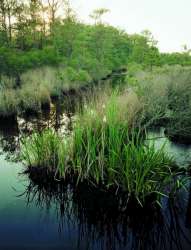
To ensure a balance between nitrogenous and carbonaceous materials, be sure to compensate for the addition of too much moist material (such as peelings, end of sauces, salads) with drier materials such as cardboard (such as toilet paper rolls or small packaging) or cut newspaper into pieces.
Did you know that if the cardboard you place in your municipality’s sorting bin is smaller than a music CD cover, it will be incinerated? You might as well give it to your apartment worms!
Likewise, if the paper wrapping cold meats or cheese can be easily torn by hand (no plastic film), it can definitely be given to your worms in small pieces!
Non-vermicompostable waste
Worms in worm composters are more demanding than their colleagues in outdoor compost. In addition to non-compostable waste (anything synthetic, rocky or metallic), here are a few more items that you should definitely not worm compost.
The list (non-exhaustive) :
- Cleaning products (even labeled ‘organic’)
- Anything too spicy, salty or vinegary.
- Bones
- Fish and meat
- Glossy papers
- Branches or other woody waste
- Glass
So anyone who plans to clean their worm composter with bleach, all they have to do is find a pipe long enough to connect their exhaust pipe to the passenger compartment of their car, turn on the ignition, sit in the flying by closing all the exits then take a deep breath. A long time.
Experience of contact with nature
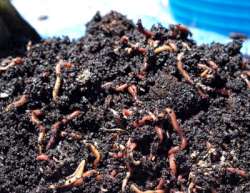
Testimonial from a worm composter! (excerpt from Jacqueline Croza’s book, “Vermicompost and Nail Polish”)
“I had always wanted to make a worm composter but I lacked the courage. Touch these little crawling and disgusting creatures. These long slimy stems that dig into the earth in such a horrible way.
That’s what I thought before following my treatment with Dr. Verheim. I recently went to Wiesenthal, Germany, for a week. I was welcomed into a delightful environment, a small building surrounded by a flower and vegetable garden. Everywhere I looked, there was nature. I didn’t understand what an expert in apartment worm composting could do around here!
The room allocated to me contained 2 aquariums filled with small worms with which, I later realized, I would have to live more actively than by just looking at them…”
(For reasons of conflicts with the publishing house, we invite you to buy Jacqueline’s book to know the rest of her story)
More to read: Compost your tissues!

